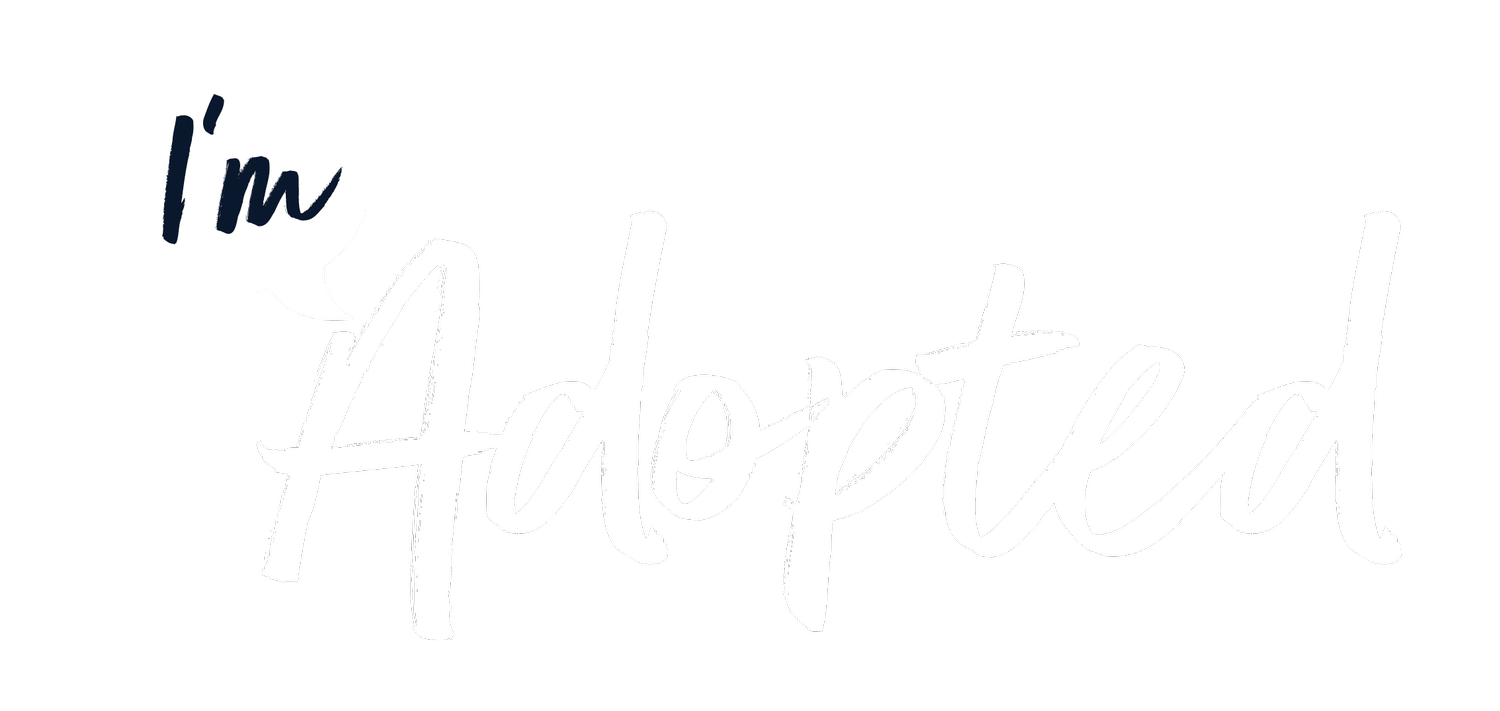Invisible Disabilities
As an adoptee, I came from trauma that delayed me developmentally and little did I know how much it would impact me for the rest of my life. After years of unknowns regarding my past and unanswered questions, I’ve come to identify that these are a few factors that have contributed to my learning struggles and setbacks that I still face today: Prenatal trauma, premature birth, malnourishment, institutionalization, language barriers, and developmental delays.
In childhood after my international adoption at age four, I underwent occupational therapy, physical therapy, and received speech-language services. I was held back a grade in my younger years. I eventually received alphabetic phonics and formal learning accommodations. Also eventually receiving a clinical psycho-educational evaluation. I scored significantly above average in visual-spatial abilities, visual memory, and nonverbal thinking. I had processing deficits below average in verbal thinking, rapid language retrieval, auditory language memory, and automatic processing. This pulled my reading fluency, passage comprehension, and calculation scores down significantly. I was diagnosed with Dyslexia, Dysgraphia, Dyscalculia, ADHD, and cognitive processing delays. I was clinically informed that “less than 1% of the population has my 3.7 standard deviation difference between strengths and weaknesses”. My higher level processing in complex areas overcompensates for areas that I lack in and creates a strain on processing basic information. This can be misleading for others and myself, which has often lead to underestimation of my capabilities.
Although these are not visible disabilities, they certainly are learning disabilities that impact the way I learn even beyond the academic setting. In my experiences, people have often been quick to dismiss any mention of disabilities in order to assure me that they don’t define me. Having these legitimate struggles for years impacting all areas of my life with no explanation for it was even more frustrating and invalidating to me. Eventually receiving these diagnoses and accommodations has helped myself and others in understanding my challenges better.
These disabilities are not my identity and they don’t define me. However, it is a legitimate and significant part of my experiences that creates a disservice if overlooked and not accommodated for. What has made the most impact on my life is people who have met me in my weakness, believed in my fullest potential, and have walked with me through it. This is not to say that I haven’t had to work harder to succeed. In fact, I’ve overcome a lot through such challenges, but that doesn’t mean God has healed me of these disabilities in this lifetime. I still struggle. As a follower of Jesus, I’m learning that where I lack, God’s grace abounds. His grace is both sufficient and abundant. God may or may not spare us from pain and suffering, but He promises to be with us through it.
“…Fear not, for I have redeemed you; I have called you by name, you are mine. When you pass through the waters, I will be with you; and through the rivers, they shall not overwhelm you; when you walk through fire you shall not be burned, and the flame shall not consume you. For I am the Lord your God, the Holy One of Israel, your Savior… Fear not, for I am with you...” ~ Isaiah 43:1-3, 5 (ESV)
One of my most prevalent fears as an adoptee is the fear of abandonment. These setbacks I’ve described have interfered with this too. As much as I’ve worked through, I’m amazed at how sometimes it still creeps into every area of my life. For God to remind me not to fear, because His Presence is with me, means so much to me. I begin to lose joy the moment I work to please people rather than serving wholeheartedly as unto the Lord first and foremost.
In Scripture, I think of Jacob, Moses, and Paul as key examples of people who felt unqualified or inadequate for the calling and God’s constant reminder of His faithfulness and provision in the midst of their ongoing lack or hardship. Jacob’s limp, Moses’s speech impediment, and Paul’s thorn in the flesh. In spite of their questioning and wrestling with God, they were valued in God’s eyes and He equipped them in their obedience. I think of how Peter stayed above water for as long as His eyes were fixed on Jesus rather than on the storms around him. A dear friend once told me, waiting patiently on the Lord is not passive, it’s deeply intentional. God listens to our cries, He sees our pain, He promises to be with us and guide us. He remembers our need, and He is faithful to fulfill His promises to us.
